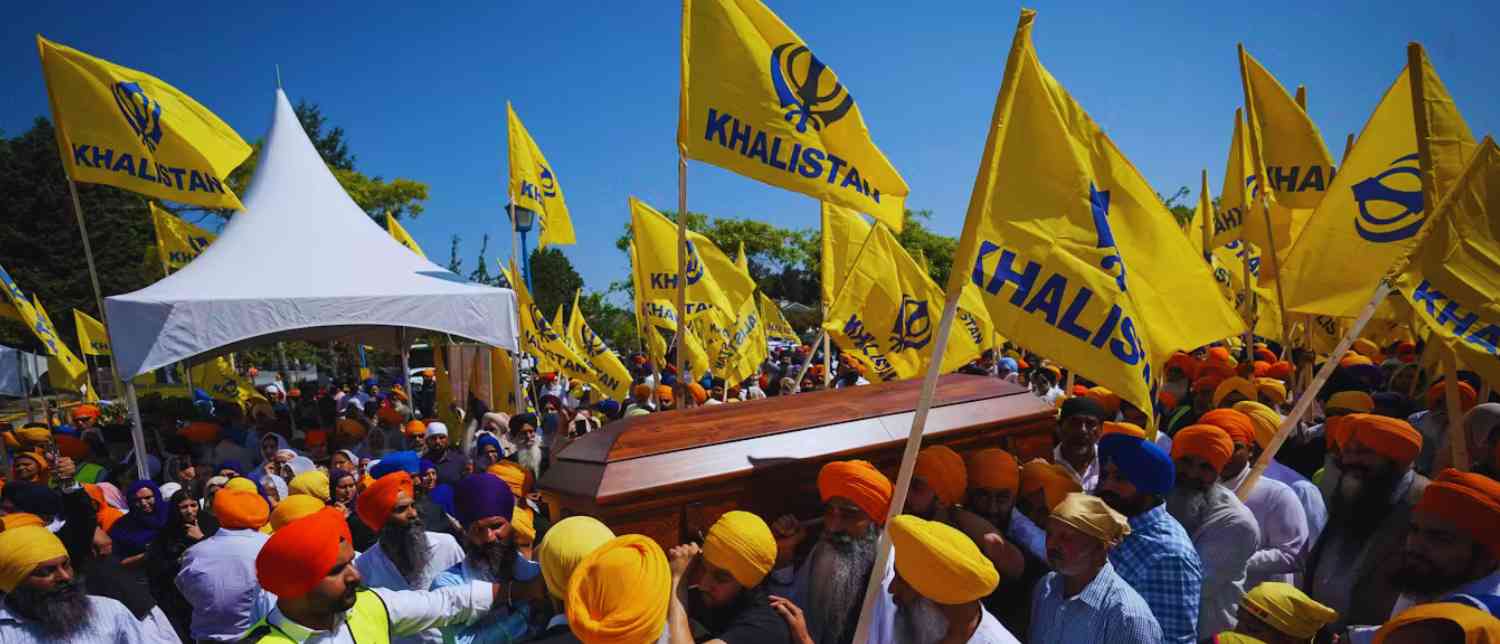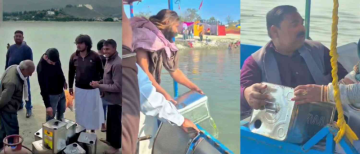A US-based Khalistani group called Sikhs for Justice (SFJ) has announced plans to “siege” the Indian Consulate in Vancouver, Canada, on Thursday, September 18, 2025. The group has urged Indo-Canadians to avoid visiting the consulate that day and released a poster targeting India’s new High Commissioner to Ottawa, Dinesh Patnaik, with a target symbol on his face. This event comes as India and Canada try to restore diplomatic ties after a period of strained relations.
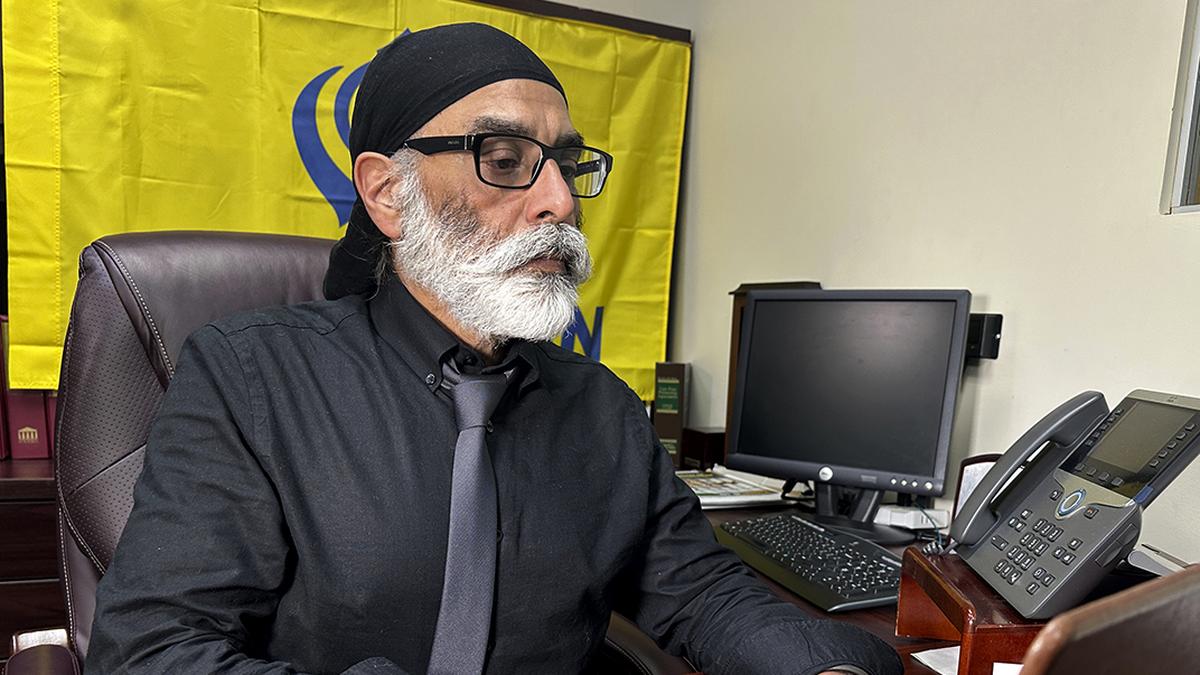
The SFJ accused Indian consulates in Canada of operating spy networks and conducting surveillance against Khalistani activists involved in campaigning for a separate Sikh homeland. They referred to statements made by Canadian Prime Minister Justin Trudeau in 2023, who had acknowledged in Parliament the investigation into the role of Indian agents in the assassination of Hardeep Singh Nijjar, a prominent member of SFJ. Nijjar was killed outside a gurdwara in Surrey, British Columbia, in 2023. Since his death, the group claims that harassment and espionage targeting Khalistan supporters continue unabated.
SFJ’s announced “siege” of the Vancouver consulate is intended as a 12-hour protest demanding accountability for these alleged “espionage and intimidation” activities happening on Canadian soil. The group also highlighted the protection offered by the Royal Canadian Mounted Police (RCMP) to Inderjeet Singh Gosal, who succeeded Nijjar in leading the Khalistan Referendum campaign, citing the serious threats they face.
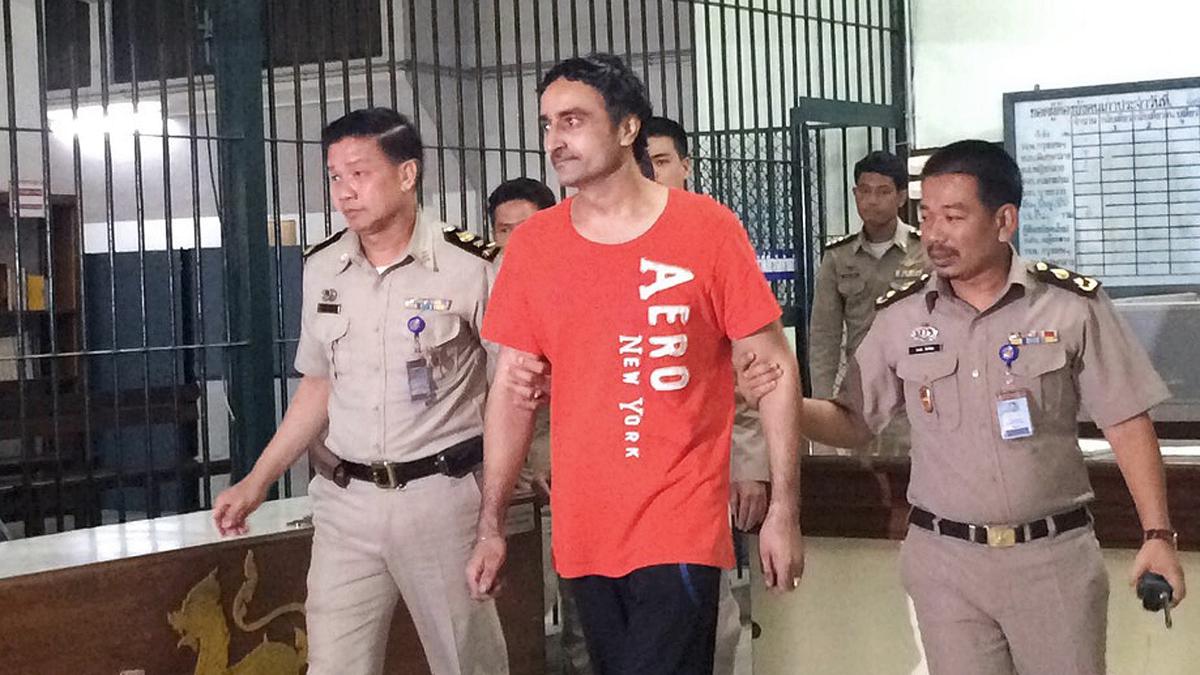
This announcement follows a recent Canadian government report that formally recognized the presence and foreign funding of Khalistani extremist groups. The report named organizations such as Babbar Khalsa International and the International Sikh Youth Federation as active entities raising money through both legal and illegal means, including charitable donations, drug trafficking, and vehicle thefts. The report also warned of misuse of Canada’s non-profit sector for terror financing and outlined how these groups now often operate through smaller informal networks spread among diaspora communities.
The backdrop of these events is a complex relationship between India and Canada that has faced several challenges in recent years. India has accused the Canadian government of allowing extremist activities to grow unchecked on its soil, damaging bilateral ties. Conversely, Canada has expressed concerns over alleged covert operations by Indian agents, notably linking them to violent incidents such as the Nijjar killing.
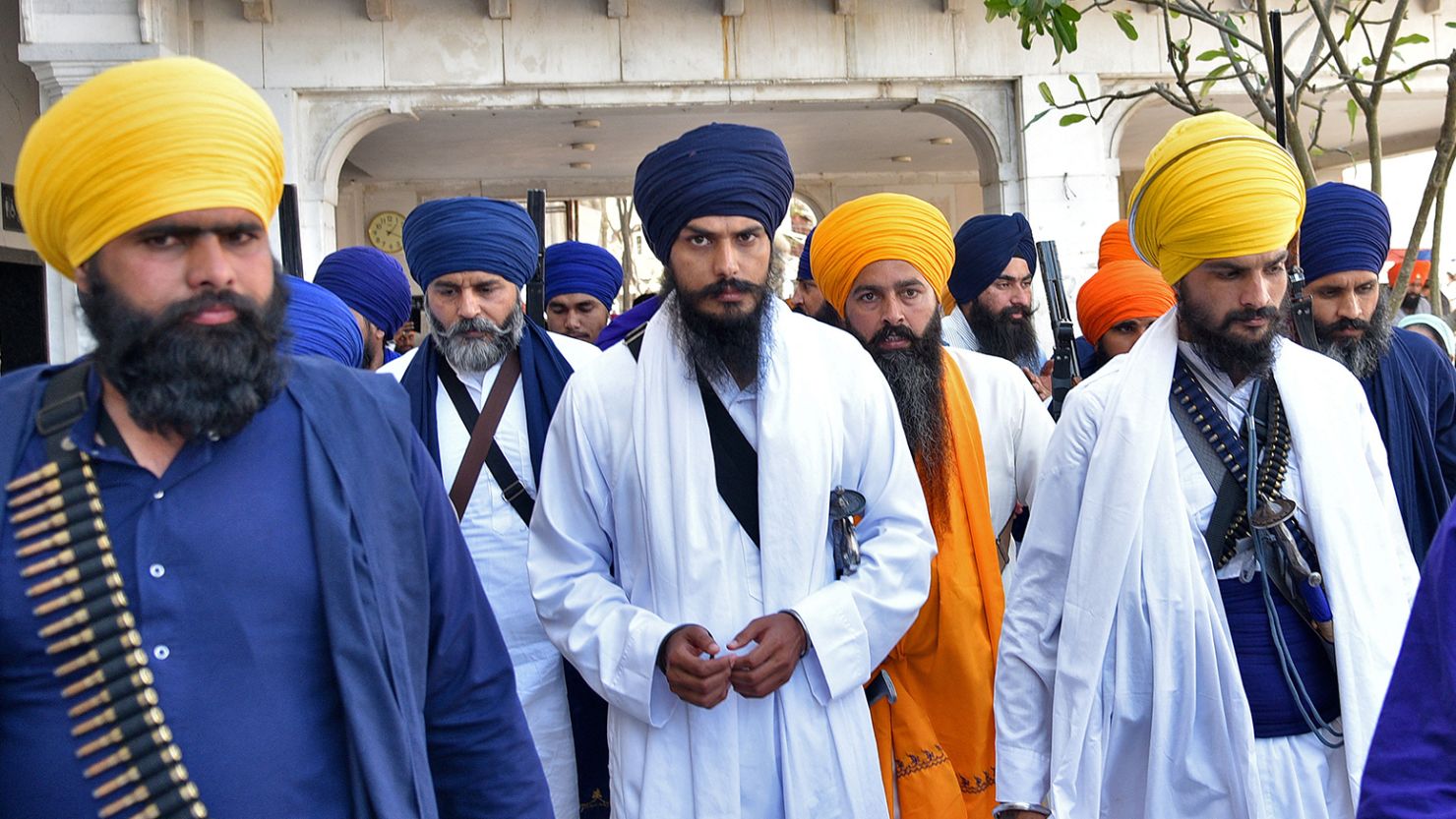
The situation presents a delicate diplomatic puzzle. On one hand, the Canadian government faces pressure to address security concerns and extremism within its borders, including ensuring that its territories are not used for violent or extremist agendas against foreign nations. On the other hand, the strong Sikh diaspora in Canada includes people sympathetic to the Khalistan cause, and these communities have legitimate grievances and aspirations that add complexity to the public discourse and policy approaches.
For Indo-Canadians, who often navigate their identity between these two countries, this heightened tension creates uncertainty. The SFJ’s call for mobilization and the threat of direct actions like a “siege” add to community divisions, with many advocating for peaceful engagement rather than confrontation. Meanwhile, Indian officials have so far not publicly responded to the latest SFJ threat, maintaining a cautious diplomatic stance.
Experts suggest that resolving such issues requires careful balancing acts—acknowledging legitimate political activism while curbing violence and terrorism; respecting diaspora rights while maintaining international diplomatic obligations; and tackling espionage concerns without escalating tensions further on foreign soil.
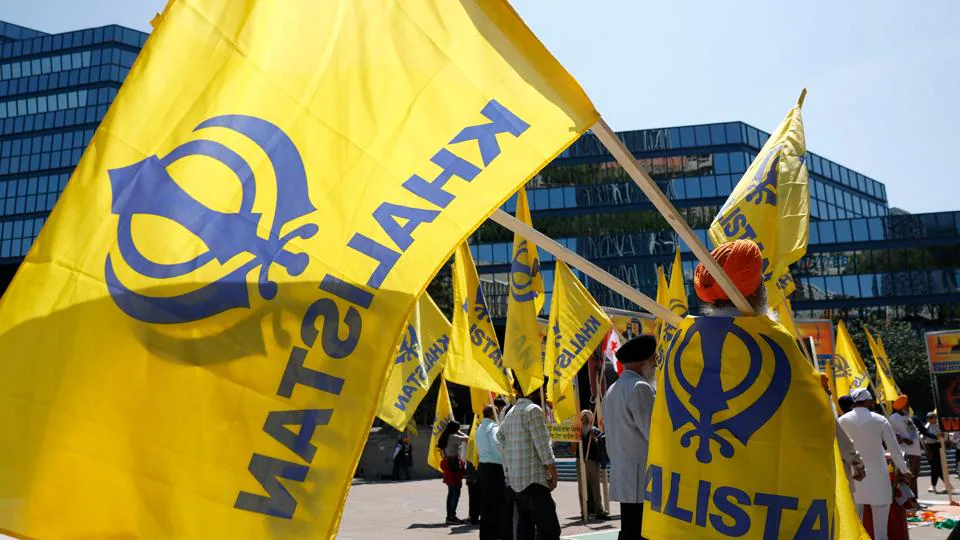
In summary, the threat by the SFJ to stage a “siege” on the Indian Consulate in Vancouver highlights ongoing disputes involving the Khalistani movement, Indian diplomatic security, and Canadian domestic policy. It underscores how international relations are often influenced by diaspora politics and security concerns far beyond bilateral governments. The situation calls for measured responses from all sides focused on dialogue, transparency, and legal processes to help restore trust and stability in Canada-India relations while safeguarding community harmony.
With inputs from agencies
Image Source: Multiple agencies
© Copyright 2025. All Rights Reserved. Powered by Vygr Media.

